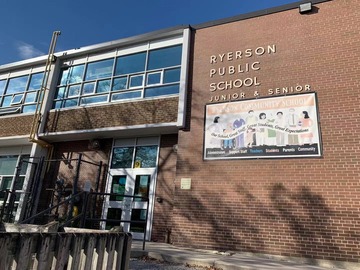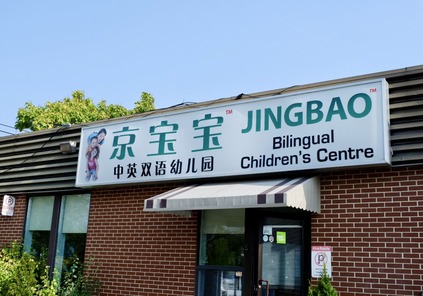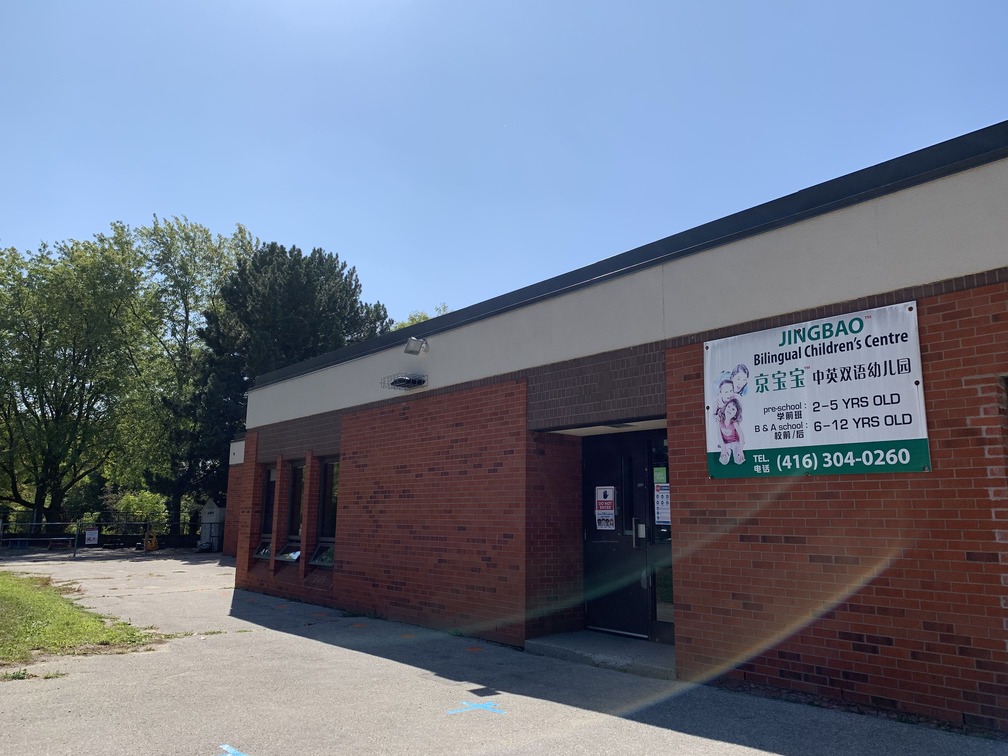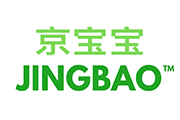- Upper Casa
-
Upper Casa
From 3.8 to 6 years old, children enter a sensitive period for refining movement coordination. During this phase, they learn to read and write, and their unique personalities blossom alongside their substantial interest in social relationships.
Free the child’s potential, and you will transform him into.
— Maria Montessori
-
Our Upper Casa Classroom
At this stage, children are naturally inquisitive and inquisitiveness drives them to ask questions constantly. The carefully designed Montessori environment empowers students to establish a robust foundation in English and Mandarin Chinese literacy, logical thinking, problem-solving, mathematical concepts, and science. Depending on the specific needs of the local community, the use of Mandarin Chinese at this age ranges from 50% to 60%.
Our program’s teaching format includes:
- Weekly show-and-tell
- Daily peer tutoring
- One-on-one presentations
- Project-based group learning
Our graduates have the ability to converse proficiently in both English and Mandarin Chinese, setting the stage for a solid academic foundation as they transition to Grade One.
-
A Day in Upper Casa
Students begin the day with engaging English Montessori activities and a French circle. Afternoons are dedicated to immersive Mandarin learning, creative projects and outdoor play.
-
FAQ
1. What is the daily schedule for Upper Casa children in the program?
Upper Casa students begin their day with morning snacks and Montessori work. They can choose their preferred activities or continue any unfinished tasks from previous days. The morning work period finishes around 10:15 a.m., followed by a group Montessori circle and outdoor activities. A nutritious hot lunch is served at noon. This age group does not have naptime. In the afternoon, students engage in weekly Mandarin projects, social, science, and art activities, as well as Chinese writing practice. Students take turns each day to assist in the school kitchen or help teachers in their classroom. They also enjoy healthy afternoon snacks and outdoor playtime before the end of the school day.
2. What are the Mandarin Chinese language expectations for Upper Casa?
Children at this age are eager to explore reading and writing and continue to expand their vocabulary through daily conversations with teachers. They are expected to use prepositions to describe positions, create short phrases with adjectives or adverbs, conduct show-and-tell or short presentations independently, and begin to produce complex sentences using conjunction words like “and”, “or” and “but”. They can recognize simple characters and are familiar with Chinese strokes.
3. How does JINGBAO™ support a child with behavior issues?
Similar to language and math, social skills can be educated. At JINGBAO™, we use positive reinforcement to encourage grace and courtesy in our program. By modeling proper behavior and encouraging students to follow suit, our teachers provide tools for children to independently solve problems. Teachers frequently employ effective strategies such as “renewal”, “choice”, and “redirecting” to support individual development. Our supervisors and teachers collaborate with parents to develop an action plan when necessary.
4. Will JINGBAO™'s curriculum ensure a smooth transition for my child to their future English school?
In Montessori, the English language sequence progresses from introducing sounds to composing complete sentences, with a focus on reading, written language, and grammar. At JINGBAO™, English literacy begins in Lower Casa. When students graduate from Upper Casa, most can read long phonetic words and start producing short sentences in writing. We also introduce other school subjects in both Mandarin Chinese and English, including math, culture and science. We are confident that our Upper Casa graduates will smoothly transition to their future English schools.
5. Do the students learn Chinese Pinyin at JINGBAO™?
Upon completing the Upper Casa program, students will be introduced to Pinyin, which is Chinese phonics. This introduction can occur through various options, such as summer camps, after-school programs, Saturday school, or private/small-group learning. We recommend starting the Pinyin instruction after students have established a solid foundation in English alphabets.
-
Discover More About Our Programs
Choose your nearest location to learn more about the Upper Casa program
 Downtown
Downtown Mississauga
Mississauga North York
North York Richmond Hill
Richmond Hill Scarborough
Scarborough








